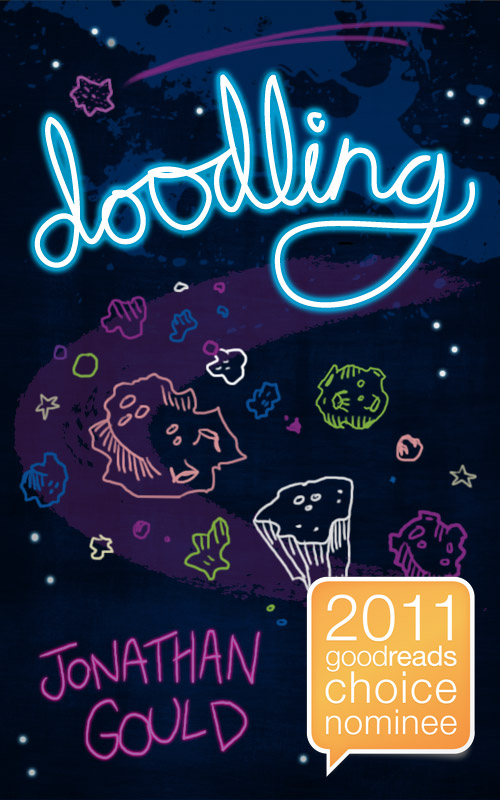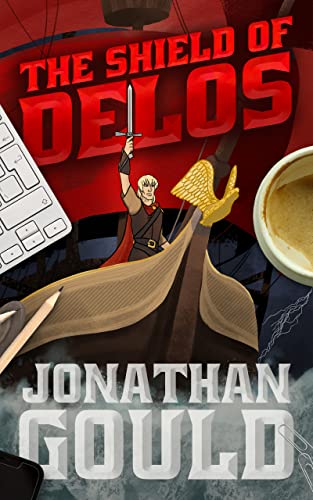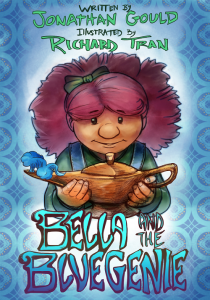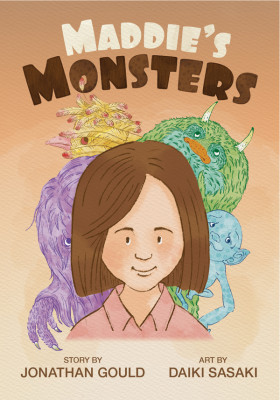Today I’m pleased to have a guest stopping in. Fellow Booktrope author Kenneth G. Bennett is here as part of his Exodus 2022 tour. He’ll be talking about how his story stands out. And make sure you scroll all the way to the bottom – where there’ll be information about a cool giveaway.
So take it away, Kenneth.
Thank you for the opportunity to appear in a guest post on your blog! I really appreciate it.
Your question: “Describe how your story stands out,” is a tough one. I’m so close to the damn thing that it’s tough to answer with any objectivity. That said, I believe (hope) EXODUS 2022 might stand out for a few reasons:
- The novel is a unique mix of genres: science fiction, fantasy, thriller, wilderness adventure and psycho-drama.
- The pace is fast and relentless.
- The story is different and (according to early readers) completely unpredictable.
Speaking of those wonderful early readers—I think this review on Amazon may answer your question more eloquently than I can:
Science fiction has been called the “literature of ideas” and I love SF novels that make me think. To me, the best SF uses advanced science or otherworldly elements to offer a new perspective on our own world. This is precisely what “Exodus 2022” does — elegantly and without sacrificing a compelling plot nor fully-realized characters.
Without giving away the big mystery of the story (and it’s a shocker), let’s just say that author Kenneth Bennett weaves a fast-moving adventure tale filled with plot twists, vivid scenes full of drama and conflict, and sharply-drawn characters (including the tragic protagonist Joe Stanton, a man who starts off seemingly insane and hallucinating). But the real magic resonates within the themes and ideas of the novel. Quite simply “Exodus 2022” makes you think — by positing a near-future where the link between humankind and the natural world is about to be changed forever.
If you like the classic sci-fi of the 1960s and 1970s (Bradbury, Heinlein, Asimov, Ellison, Dick, et. al.), grab a copy of “Exodus 2022” and prepare to go on a thinking-person’s adventure. Better get, gather some like-minded sci-fi fans so you can all read and discuss this thought-provoking novel.
Thank you and best wishes,
Kenneth G. Bennett
Book details
Title: EXODUS 2022
Author: Kenneth G. Bennett
Genre: Sci-Fi Thriller (pre-apocalypse)
Audience: NA/Adult
Release date: May 20th, 2014
Publisher: Booktrope Publishing
Summary
Joe Stanton is in agony. Out of his mind over the death of his young daughter. Or so it seems.
Unable to contain his grief, Joe loses control in public, screaming his daughter’s name and causing a huge scene at a hotel on San Juan Island in Washington State. Thing is, Joe Stanton doesn’t have a daughter. Never did. And when the authorities arrive they blame the 28-year-old’s outburst on drugs.
What they don’t yet know is that others up and down the Pacific coast—from the Bering Sea to the Puget Sound—are suffering identical, always fatal mental breakdowns.
With the help of his girlfriend—the woman he loves and dreams of marrying—Joe struggles to unravel the meaning of the hallucination destroying his mind. As the couple begins to perceive its significance—and Joe’s role in a looming global calamity—they must also outwit a billionaire weapons contractor bent on exploiting Joe’s newfound understanding of the cosmos, and outlast the time bomb ticking in Joe’s brain.
About the author
Kenneth G. Bennett is the author of the young adult novels, THE GAIA WARS and BATTLE FOR CASCADIA, and the new sci-fi thriller, EXODUS 2022. A wilderness enthusiast who loves backpacking, skiing and kayaking, Ken enjoys mysteries, science fiction, action adventure stories and, most especially, novels that explore the relationship between humans and the wild. He lives on an island in the Pacific Northwest with his wife and son and two hyperactive Australian Shepherds.
THE GAIA WARS series was optioned for film by Identity Films, LA in 2012, and both GAIA and BATTLE have been featured as Top 100 Bestsellers in Teen Literature and Fiction on Amazon. Kirkus Reviews called THE GAIA WARS “A solid first entry of a promising, imaginative new young-adult fantasy series featuring a well-crafted character.”
Links
Book links:
GR: https://www.goodreads.com/book/show/20641630-exodus-2022
LibraryThing: https://www.librarything.com/work/14672242
Shelfari: http://www.shelfari.com/books/37400967/Exodus-2022
Excerpt: http://www.kennethgbennettbooks.com/2014/01/26/EXODUS-2022-a-new-sci-fi-thriller-coming-may-2014/
Buy links:
Amazon: http://www.amazon.com/Exodus-2022-Kenneth-G-Bennett-ebook/dp/B00IRL8O2U/ref=sr_1_1?ie=UTF8&qid=1394549551&sr=8-1&keywords=exodus+2022
Author links:
website: http://www.kennethgbennettbooks.com
GR: https://www.goodreads.com/author/show/5131305.Kenneth_G_Bennett
Facebook: https://www.facebook.com/Exodus2022
Twitter: @kennethgbennett
Giveaway
Kenneth is offering the chance to win a Kindle Fire or 15 signed paperbacks. All you need to do is enter the giveaway below. Good luck.
a Rafflecopter giveaway






